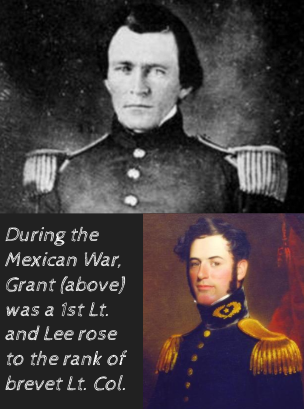

It establishes false estimates of virtue and vice for what can be more false and heartless than this doctrine which makes the first and holiest rights of humanity to depend upon the color of the skin? It perverts human reason, and reduces man endowed with logical powers to maintain that slavery is sanctioned by the Christian religion, that slaves are happy and contented in their condition, that between master and slave there are ties of mutual attachment and affection, that the virtues of the master are refined and exalted by the degradation of the slave while at the same they vent execrations upon the slave-trade, curse Britain for having given them slaves, burn at the stake negroes convicted of crimes for the terror of the example, and write in agonies of fear at the very mention of human rights as applicable to men of color.” Adams had never pondered slavery at such length, and the experience made him fear for the future of the republic. It is among the evils of slavery that it taints the very sources of moral principle. They look down upon the simplicity of a Yankee’s manners, because he has no habit of overbearing like theirs and cannot treat negroes like dogs.


They fancy themselves more generous and noble-hearted than the plain freemen who labor for subsistence. But when probed to the quick upon it, they show at the bottom of their souls pride and vainglory in their condition of masterdom. In the abstract, they admit that slavery is an evil, they disclaim all participation in the introduction of it, and cast it all upon the shoulders of our old Grandam Britain. The discussion of this Missouri question has betrayed the secret of their souls.

“It is, in truth, all perverted sentiment-mistaking labor for slavery, and dominion for freedom. “I told Calhoun I could not see things in the same light.” And as he later reflected on the day’s discussion, he realized how thoroughly he disagreed with nearly everything Calhoun and the other Southerners said by way of defense of slavery.


 0 kommentar(er)
0 kommentar(er)
